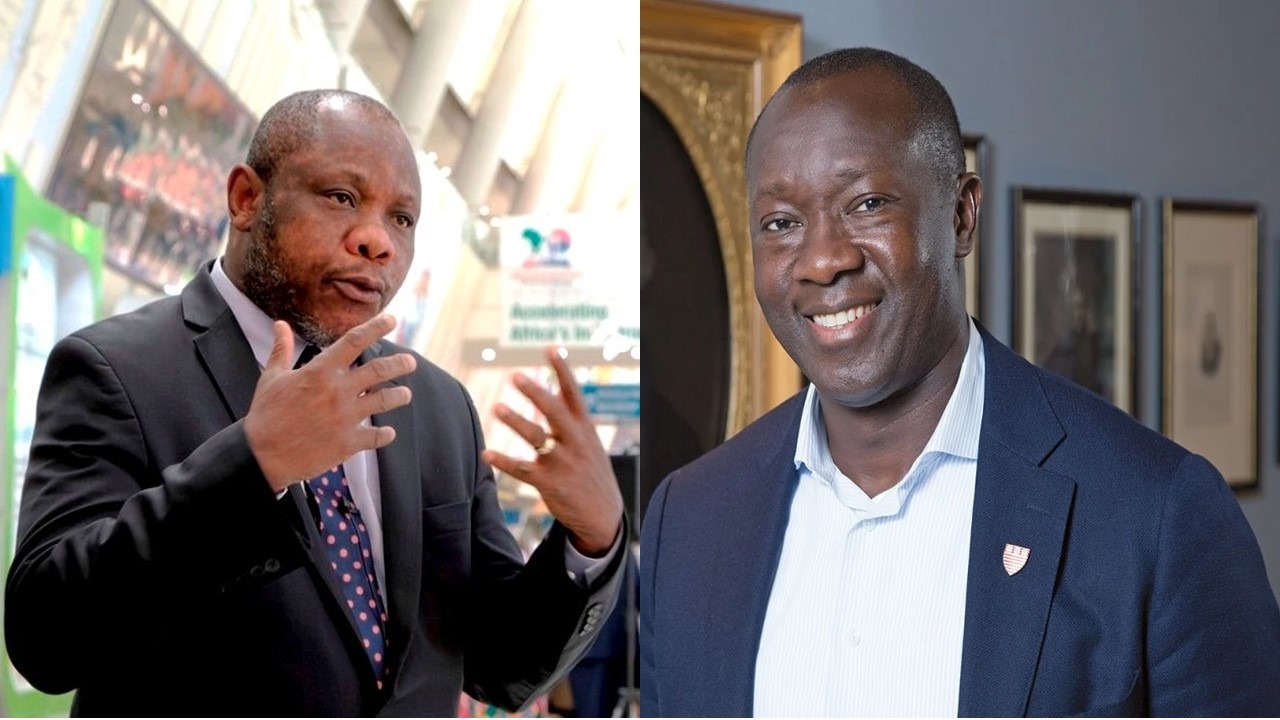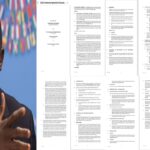In a fiery response to the accusations leveled by former Finance Minister and Gbarpolu County Senator-elect Amara Konneh, Finance Minister Samuel Tweah took to social media to dismantle what he deemed as misconceptions and misinformation. The exchange centers around the controversial HPX deal, with Tweah vehemently defending his actions during his tenure as Finance Minister.
Debunking Misunderstandings:
Tweah began by asserting that Konneh posted a framework document that he does not understand, adding a touch of sarcasm by expressing low expectations of Konneh’s comprehension. He proceeded to simplify the content of the document for Konneh and addressed several key points.
- Ratification and Financial Instruments:
Tweah challenged Konneh’s assertion that money can only be received by the government after ratification. He cited a precedent from 2013 when Konneh, as Finance Minister, issued LRD $6 billion Treasury bills to commercial banks without legislative ratification. Tweah argued that financial instruments serving treasury or monetary purposes do not necessarily require ratification, as they are approved under the budget’s debt limit. - Legality of HPX Agreement:
Tweah clarified the legality of the HPX agreement, emphasizing that the legislature had approved the US $30 million in the budget based on the Framework Agreement. He explained that the agreement allows HPX to advance money upfront and seek repayment if the concession is not ratified, asserting that such arrangements are standard and legal for global companies. - Liquidated Damages and Lawsuit Claims:
Responding to Konneh’s lawsuit claims, Tweah explained the concept of “liquidated damages” as outlined in the framework agreement. He argued that GOL is aware of potential damages and risks outlined in the document, and the Attorney General had signed off on these terms. Tweah dismissed Konneh’s understanding of damages as “idiotic” and “foolishly ignorant.” - HPX’s Request for Payment Postponement:
Tweah highlighted that HPX has expressed no immediate intention to request payment and has written to the government, postponing the application of the repayment clause. He emphasized that HPX’s meeting with the President-Elect is to understand the new administration’s approach to the issue. - Transparency and Spending Reports:
Tweah refuted Konneh’s demand for specific spending reports on the $7 million and $30 million, stating that all revenues to the government go into a consolidated revenue account. He argued that it is impossible to trace individual dollar bills from different revenue sources within the account, and annual audited fiscal reports answer questions about government spending.
Personal Attacks and Counter-Allegations:
In a personal attack, Tweah questioned Konneh’s competence, citing his dismissal by the World Bank. He also challenged Konneh to explain his ownership of a $7 million farm in Gbarpolu and the acquisition of $3 million worth of property in Pennsylvania. Tweah hinted at revealing more about Konneh’s financial dealings, including a reported loss of $10 million in Lebanon due to a banking crisis.
Conclusion:
The exchange between Finance Minister Samuel Tweah and Senator-elect Amara Konneh underscores the complexity of the HPX controversy. As both figures trade accusations and attempt to clarify their positions, the Liberian public awaits further developments, hoping for transparency and accountability in the management of the nation’s finances. The unfolding saga serves as a reminder of the challenges associated with fiscal governance and the importance of thorough scrutiny in financial matters.




